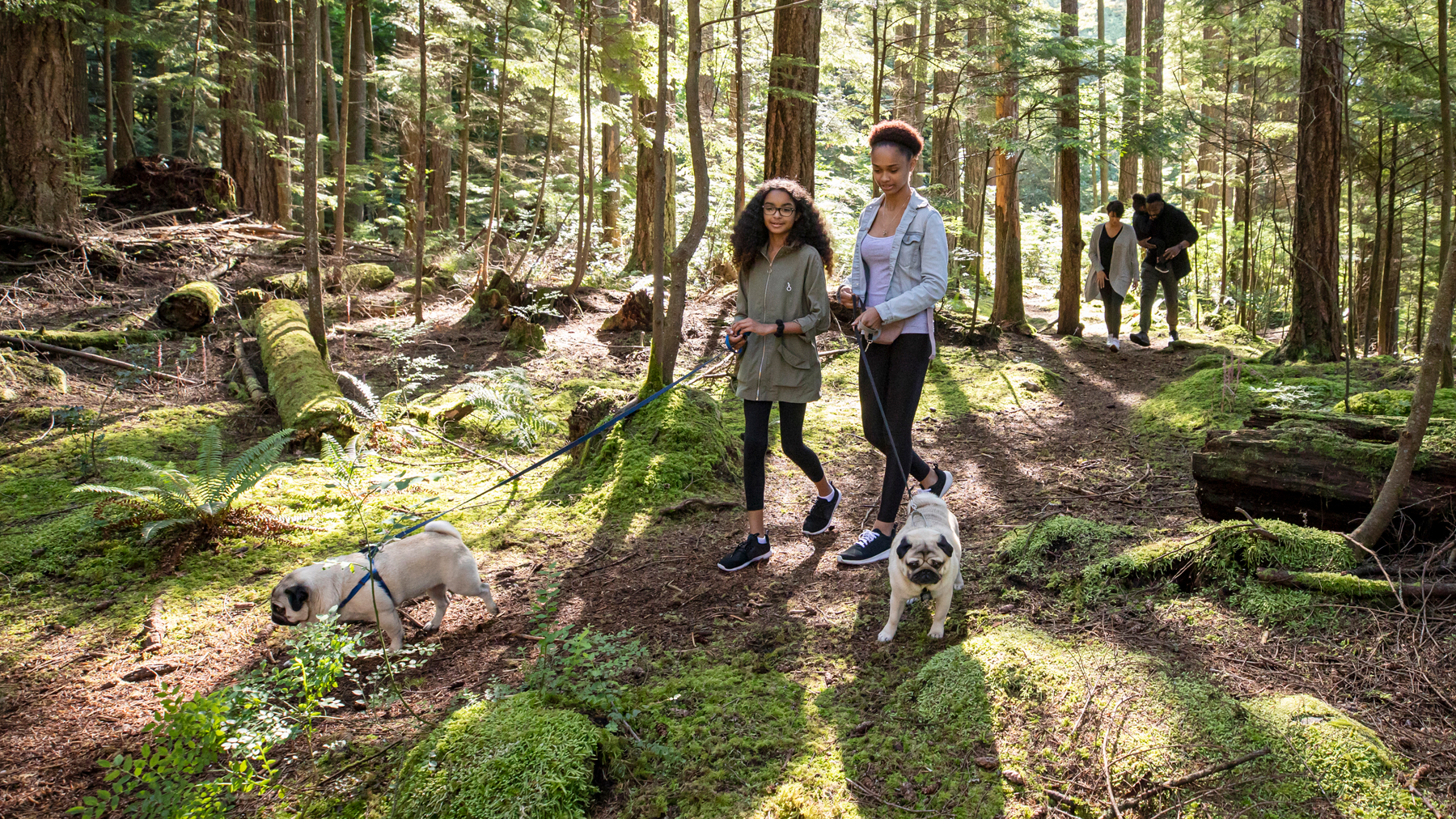Wish your dog was more responsive on walks? Try this trainer’s surprising solution for better recall
Learn how this simple yet effective strategy strengthens recall behavior and maintains a positive association with the command

Having a well-trained dog that reliably responds to its name being called is every dog owner’s dream. However, achieving a dependable recall can be a challenge for many, even when you have a pocketful of the very best dog treats.
Your style of training could be one of the many reasons why your dog's recall isn't reliable. Fortunately, renowned dog trainer Juliana DeWilliams, Owner and Head Trainer at JW Dog Training, has recently offered invaluable advice on improving recall. With her years of experience and expertise, DeWilliams understands the importance of repetition, positive reinforcement, and creating a positive association with the recall cue.
The trainer emphasizes the importance of understanding the unintended consequences of interrupting and terminating a dog's enjoyable activity when they respond to a recall command. Often, this accidental punishment can gradually erode the dog's responsiveness over time.
In light of this, DeWilliams reveals a simple yet highly effective method: releasing the dog back to what they were doing after a successful recall.
A post shared by JW Dog Training & Behavior (@jwdogtraining)
A photo posted by on
"So often we pair coming when called with interrupting and ending whatever fun thing our dog was doing at the time, and this can accidentally punish the behavior of coming when called, decreasing the dog’s responsiveness over time," explains DeWilliams.
"One of the best things you can do if you want your dog to come when called is to release them back to what they were doing after you call them." This approach teaches a dog that coming to its owner is a win-win situation — they receive a tasty treat and get to continue engaging in their preferred activity.
DeWilliams says that then the one time you can’t release them back to what they were doing because you have to leave the park, or you have to end the play date, or you’re trying to prevent them from going back and rolling in whatever gross thing they found, it isn’t quite as punishing because there is still a rich reinforcement history for coming when called.
PetsRadar Newsletter
Get the best advice, tips and top tech for your beloved Pets
However, if noticeable behavior problems are still standing in the way then there are additional things to consider when learning how to deal with a badly behaved dog. For example, seeking out in-person help from a certified trainer can be extremely useful, just make sure you read our guide on how to spot dog trainer red flags before selecting someone to help.
If you like the sound of this training advice, be sure to try it out with your pup. Armed with DeWilliams' expert guidance, you could be on the way to paving the way for a stronger and more reliable recall and fostering a better relationship between you and your beloved four-legged companion.

With over a year of writing for PetsRadar, Jessica is a seasoned pet writer. She joined the team after writing for the sister site, Fit&Well for a year. Growing up with a lively rescue lurcher kindled her love for animal behavior and care. Jessica holds a journalism degree from Cardiff University and has authored articles for renowned publications, including LiveScience, Runner's World, The Evening Express, and Tom's Guide. Throughout her career in journalism she has forged connections with experts in the field, like behaviorists, trainers, and vets. Through her writing, Jessica aims to empower pet owners with accurate information to enhance their furry companions' lives.
